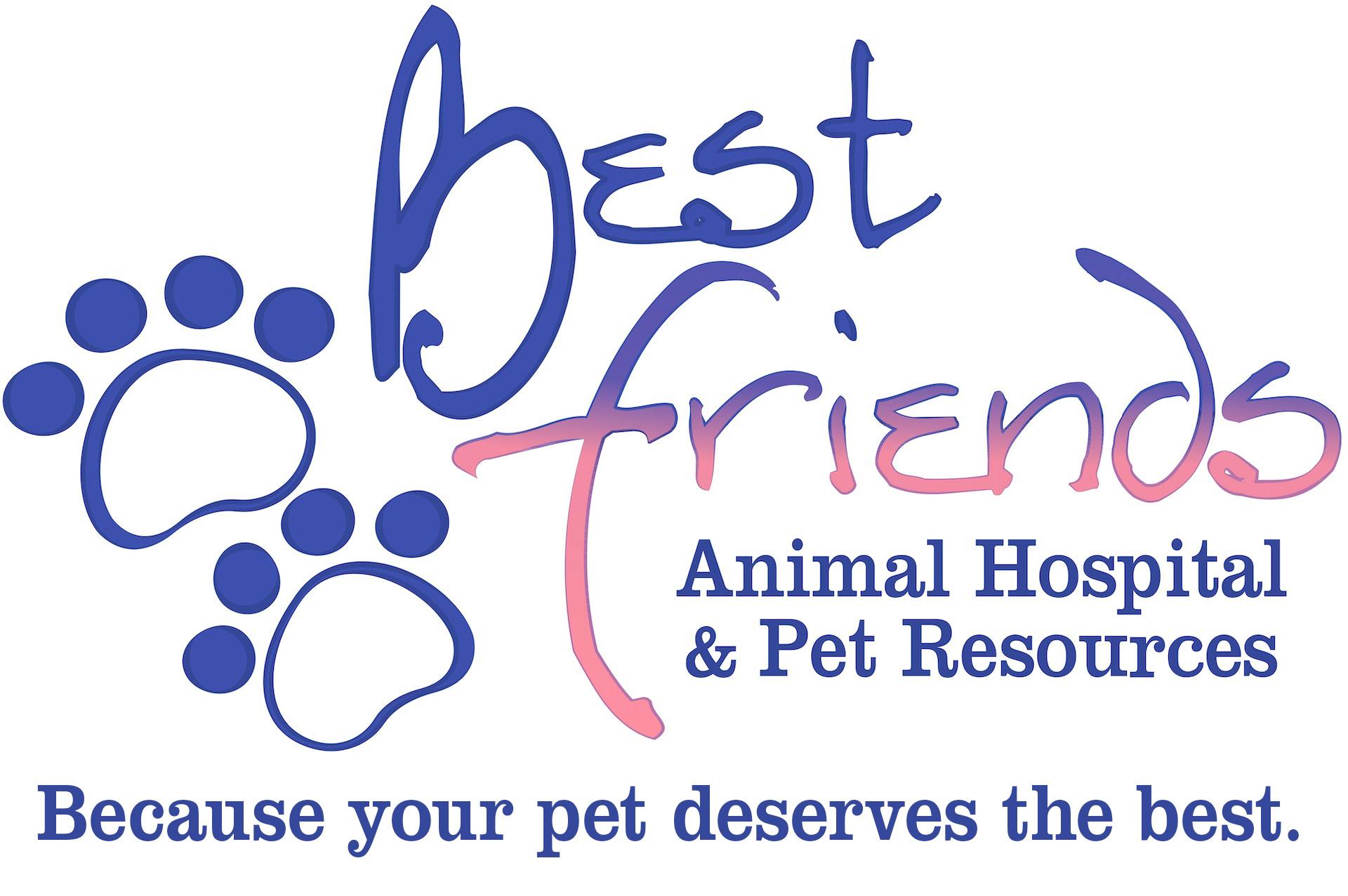Library
-
Vaccines are necessary to reduce infectious disease-caused illnesses in cats. They work by stimulating the body's immune system to recognize and fight a particular microorganism such as a virus, bacteria, or other infectious organism. The vaccine helps the body prevent infection or lessen the severity of the infection, and promotes rapid recovery.
-
Veterinarians routinely recommend certain vaccines for all dogs (called core vaccines) while they recommend others more selectively, according to the dog’s environment and lifestyle. Vaccines work by stimulating the body's immune system to recognize and fight particular microorganisms such as a virus, bacteria, or other organism. The vaccine helps prevent infection or lessens the severity of infection and promotes rapid recovery.
-
Vaccines for Cats
Recientes avances en la medicina veterinaria han resultado en un aumento en el número y tipo de vacunas disponibles para los gatos. Además cada día van apareciendo mejoras que hacen que las vacunas sean más seguras y eficaces.
-
Vaginitis refers to inflammation of the vagina and can be a result of several possible underlying causes. Prognosis is generally good, especially if the underlying cause is identified and treated early. The most common clinical signs of vaginitis include increased frequency of urination, licking of the vaginal area, vaginal discharges, and scooting or rubbing of the vaginal area. Diagnostic testing to determine the cause of a dog's condition is helpful in identifying the appropriate antibiotic treatment.
-
A yearly health examination is highly recommended for all reptiles. Since reptiles are excellent at hiding symptoms illness, it takes an experienced reptile veterinarian to assess the true health of your pet reptile. Blood tests, fecal examinations and/or X-rays may be performed during the health visit.
-
The Vizsla is a Hungarian pointer, utilized by the Magyar nomadic tribe along with their falcons, to hunt birds and track game. They need a lot of vigorous activity, but as long as they get it, they are gentle enough to lie quietly by Grandpa's feet as he snoozes.
-
Vomiting in Dogs
El vómito no es una enfermedad sino un síntoma que aparece en diferentes enfermedades. Muchos casos de vómitos son autolimitantes, cesan espontáneamente en pocos días y en raras ocasiones son consecuencia de enfermedades graves como el cáncer.
-
Vomiting in Cats
Un vómito es la expulsión activa de la comida desde el estómago. Los vómitos pueden ser causados por problemas en el estómago, pero también pueden presentarse como signo clínico de muchas otras enfermedades y problemas. El vomitar no es una enfermedad específica por sí mismo. Los gatos vomitan con relativa facilidad.
-
Vulvoplasty, also known as episioplasty, is a surgical procedure that your veterinarian may recommend to correct a conformational issue known as a recessed vulva. Your veterinarian will remove a crescent-shaped piece of tissue from above the vulva, allowing the skin to be pulled upwards into a more normal conformation. This procedure is performed under general anesthesia. Your pet will be intubated with an endotracheal tube. After surgery, you will need to give pain medications and antibiotics as directed and keep your dog confined/restricted for approximately two weeks. Skin sutures, if used, can typically be removed 10-14 days after surgery.
-
Walking is an excellent way for dogs to burn more calories while working toward weight loss. A short leash and head halter or harness are recommended to keep the walk going at a consistent pace. Gradually work up to several 30-minute walks per day.


